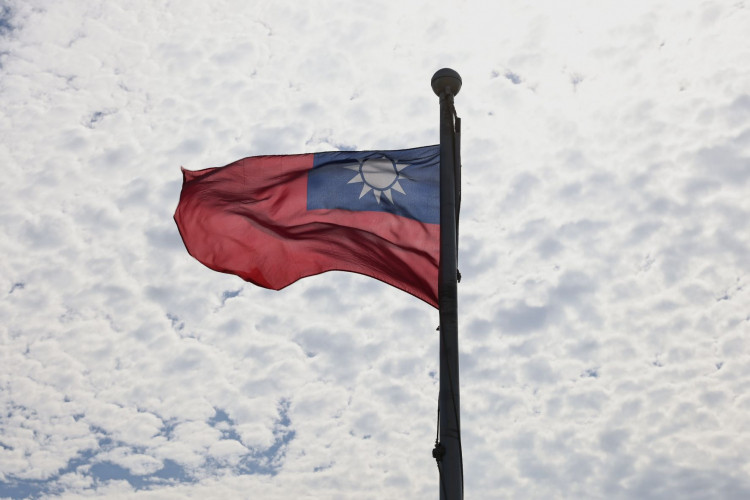An exclusive Reuters report claims the European Union is under diplomatic pressure from Taiwan to follow suit as the U.S. considers alternatives for a sanctions package against China to dissuade it from invading Taiwan.
The goal, the report states, is to go beyond the sanctions already in place in the West to impose more restrictions on trade and investment with China in politically sensitive sectors like telecoms and computer chip manufacturing.
Based on the sources, discussions in Washington and Taipei's separate lobbying of EU envoys are both in the early stages and are in response to growing worries of a Chinese invasion as military tensions in the Taiwan Strait increase.
"The potential imposition of sanctions on China is a far more complex exercise than sanctions on Russia, given U.S. and allies' extensive entanglement with the Chinese economy," Nazak Nikakhtar, a former senior US Commerce Department official said.
The sources did not elaborate on what was being examined, but the idea of imposing sanctions on the second-largest economy in the world and one of the most important links in the global supply chain raises doubts about its viability.
After U.S. House of Representatives Speaker Nancy Pelosi visited Taipei last month in what China perceived as a provocation, China launched missiles over the island and sent warships sailing beyond their unofficial maritime border. Beijing also declared Taiwan to be its own territory.
U.S. sanctions negotiations got underway in February after Russia invaded Ukraine, but they gained new momentum following China's response to Pelosi's visit, according to the two individuals.
The use of force has not been ruled out by Chinese President Xi Jinping in his campaign to reunite Taiwan with the mainland. Taiwan is currently governed democratically. At the Communist Party meeting the following month, he is expected to win a third, five-year leadership term. China's sovereignty claims are categorically rejected by Taiwan's government.
According to a U.S. official and an official from a nation working closely with Washington, officials in Washington are reviewing alternatives for a potential package of sanctions on China to prevent Xi from trying to invade Taiwan.
With the support of NATO partners, the United States threatened Russia with vague penalties in January, but this did not stop Russian President Vladimir Putin from starting his invasion of Ukraine.
The non-U.S. official claimed that the White House's main priorities include bringing nations together, especially the coordination between Europe and Asia, and preventing Beijing from being provoked.






